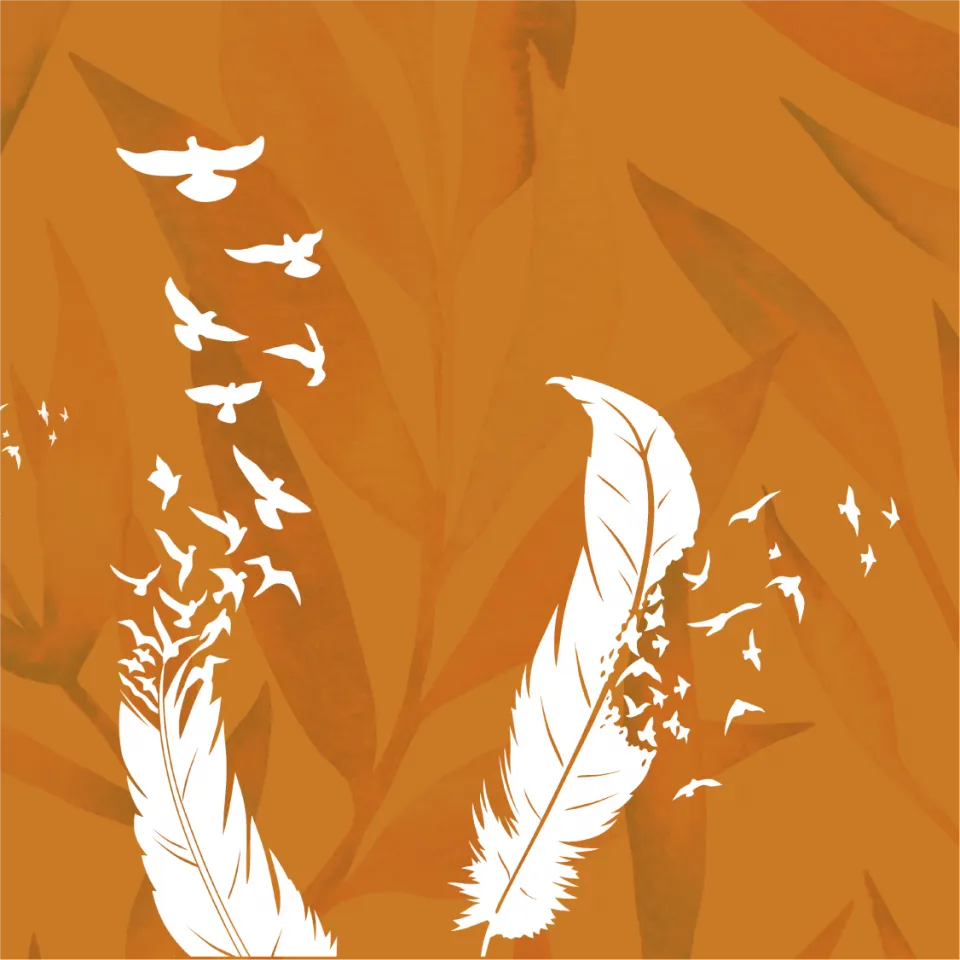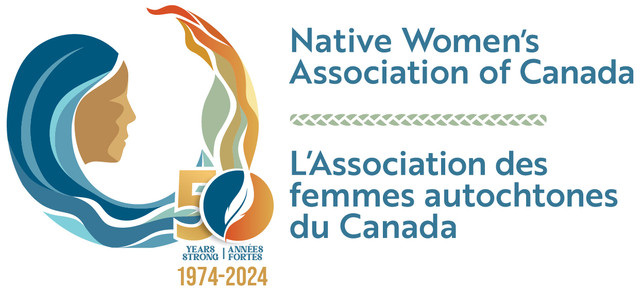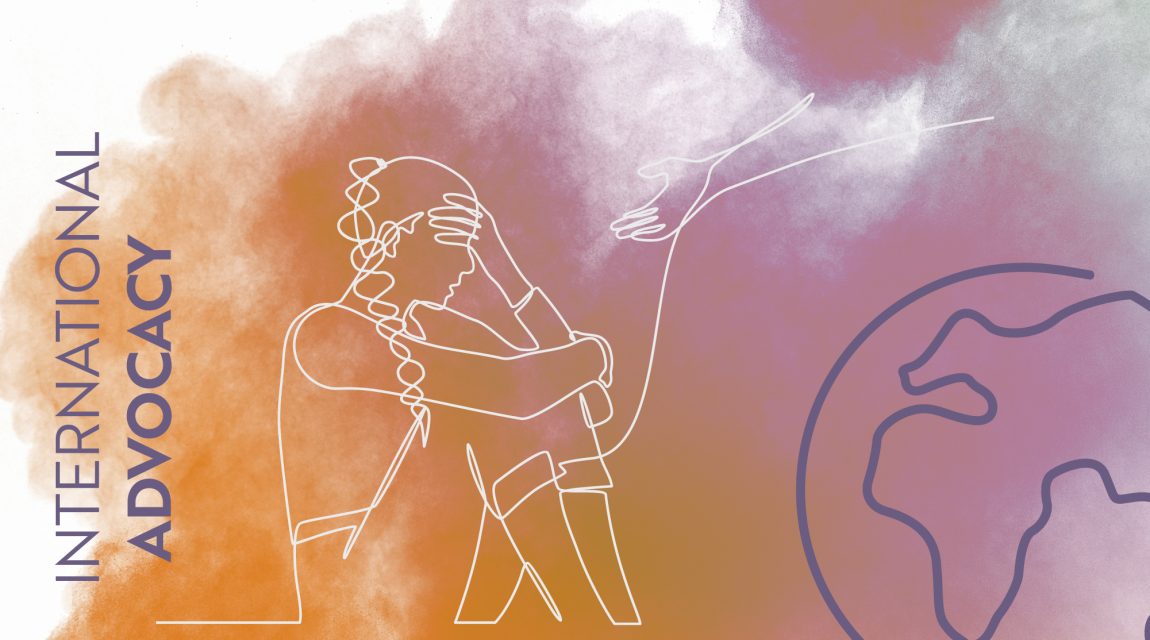The world changed in 2020. As a health pandemic loomed and COVID-19 spread around the globe, people were forced to isolate in their homes. Unfortunately, the frequency and severity of domestic violence and intimate partner violence increased, creating what activists refer to as a “shadow pandemic.”
In addition, physical distancing and lockdown measures reduced supports and heightened the mental health challenges faced by many Indigenous women, girls, Two-Spirit, transgender, and gender-diverse people.
This begs the question, how can NWAC’s international advocacy help curtail the shadow pandemic and associated mental health concerns?

In August, the Office of the High Commissioner for Human Rights (in partnership with the World Health Organization (WHO)) invited Member States and civil society organizations to provide written input on the subject, which will be used to develop joint guidance on mental health, human rights, and legislation. The publication will be a resource for countries when considering legislative measures to support the transformation of mental health systems, in line with international human rights law.


